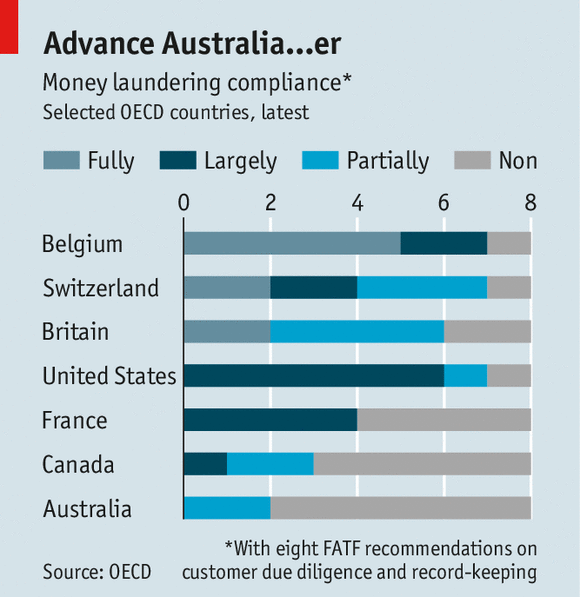Should Leaders Focus on Results, or on People?
http://blogs.hbr.org/2013/12/should-leaders-focus-on-results-or-on-people/

Should Leaders Focus on Results, or on People?
A lot of ink has been spilled on people’s opinions of what makes for a great leader. As a scientist, I like to turn to the data. In 2009, James Zenger published a fascinating survey of 60,000 employees to identify how different characteristics of a leader combine to affect employee perceptions of whether the boss is a “great” leader or not. Two of the characteristics that Zenger examined wereresults focus and social skills. Results focus combines strong analytical skills with an intense motivation to move forward and solve problems. But if a leader was seen as being very strong on results focus, the chance of that leader being seen as a great leader was only 14%. Social skills combine attributes like communication and empathy. If a leader was strong on social skills, he or she was seen as a great leader even less of the time — a paltry 12%.
However, for leaders who were strong in both results focus and in social skills, the likelihood of being seen as a great leader skyrocketed to 72%.
Social skills are a great multiplier. A leader with strong social skills can leverage the analytical abilities of team members far more efficiently. Having the social intelligence to predict how team members will work together will promote better pairings. Often what initially appear to be task-related difficulties turn out to be interpersonal problems in disguise. One employee may feel devalued by another or think that she is doing all the work while her partner loafs – leading both partners putting in less effort to solve otherwise solvable problems. Socially skilled leaders are better at diagnosing and treating these common workplace dilemmas.
So how many leaders are rated high on both results focus and social skills? If this pairing produces especially effective leaders, companies should have figured this out and promoted people to leadership positions accordingly, right? Not hardly. David Rock, director of the Neuroleadership Institute, and Management Research Group recently conducted a survey to find out the answer. They asked thousands of employees to rate their bosses on goal focus (similar to results focus) and social skills to examine how often a leader scored high on both. The results are astonishing. Less than 1% of leaders were rated high on both goal focus and social skills.
Why would this be? As I describe in my book, Social: Why our brains are wired to connect, our brains have made it difficult to be both socially and analytically focused at the same time. Even though thinking social and analytically don’t feel radically different, evolution built our brain with different networks for handling these two ways of thinking. In the frontal lobe, regions on the outer surface, closer to the skull, are responsible for analytical thinking and are highly related to IQ. In contrast, regions in the middle of the brain, where the two hemispheres touch, support social thinking. These regions allow us to piece together a person’s thoughts, feelings, and goals based on what we see from their actions, words, and context.
Here’s the really surprising thing about the brain. These two networks function like a neural seesaw. In countless neuroimaging studies, the more one of these networks got more active, the more the other one got quieter. Although there are some exceptions, in general, engaging in one of the kinds of thinking makes it harder to engage in the other kind. Its safe to say that in business, analytical thinking has historically been the coin of the realm — making it harder to recognize the social issues that significantly affect productivity and profits. Moreover, employees are much more likely to be promoted to leadership positions because of their technical prowess. We are thus promoting people who may lack the social skills to make the most of their teams and not giving them the training they need to thrive once promoted.
How can we do better? For one, we should give greater weight to social skills in the hiring and promotion process. Second, we need to create a culture that rewards using both sides of the neural seesaw. We may not be able to easily use them in tandem, but knowing that there is another angle to problem solving and productivity will create better balance in our leaders.
Finally, it may be possible to train our social thinking so that it becomes stronger over time. Social psychologists are just at the beginning stages of examining whether this kind of training will bear fruit. One exciting prospect, one that would make the training fun, is the recent finding that reading fiction seems to temporarily strengthen these mental muscles. Wouldn’t that be great — if readingCatcher in the Rye or the latest Grisham novel were the key to larger profits?


